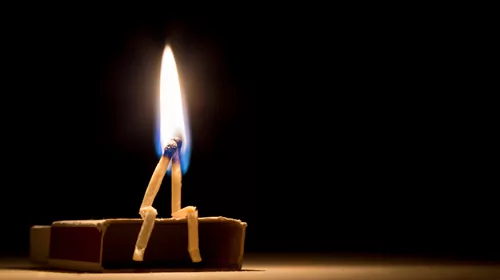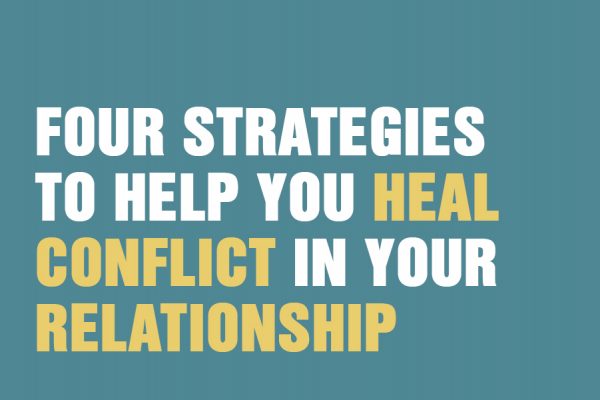Desire is arguably the main factor that differentiates your intimate relationship from your friendships. Desire is possibly what brought you together in the first place, but is it still alive and keeping you together? Do you still desire your partner as much as you did since those romantic first days? Or have those initial fires burned out?
To desire someone is a state of mind – to want, to crave someone – and the goal is to satisfy that desire. Looking at something or someone you’re attracted to can create desire and arousal, especially in those initial stages. At the beginning of a sexual relationship – in the so-called honeymoon period – sexual love and lust work together hand-in-hand. Getting to know one other can be a turn on, both sexually and emotionally, as desire burns bright.
As you become more familiar with each other, you begin to know what you both want, and what satisfies you. As the relationship develops, so intimacy will evolve to build a deeper connection. From there, emotional trust and safety can emerge to develop a strong bond. If that doesn’t happen, and the relationship doesn’t deepen beyond that initial period that’s driven by desire, then the union is likely to end after the honeymoon period.
If you stay together and the relationship becomes long term, sometimes desire can dwindle over the years. It could be the stress of work or the pressure of juggling career and family that puts a strain on the relationship. It may be you just don’t make the same effort you used to, in terms of your appearance or of caring about pleasing your partner. Perhaps you’ve got bored with each other, or you don’t take the time to listen and understand them.
Desire can dwindle for many reasons, but there are also many ways you can rekindle it in a long-term relationship. Here are our tips:
Have ‘me time’ and ‘us time’. Sometimes the individual within a relationship may seek external relationships with friends, going on holiday and having a meal out for fun, laughter and switching off. That doesn’t mean the relationship needs to take second place. For a relationship to work, it’s important for the individuals to have time by themselves – to grow, to pursue personal interests, to feel fulfilled. Yet it is equally important to create some private time for your intimate relationships, or offer each nurture and attention.
Touch each other. Not necessarily in a sexual way, but touching – kisses, hugs – is important to keep the relationship strong.
Be present. When you spend time with your partner, be truly there. Don’t have one eye on the TV or your phone while communicating with your partner. Creating connection is being there for each other. Strengthening a relationship is about knowing the other is not far away emotionally.
Look good. Take care of your appearance. Looking good externally supports the eye for desire.
Indulge each other. Know what the other enjoys – taking baths together, massaging the other, having a fun night out – and create time to do it.
Sleep. The stress of looking after the kids and working means that desire for each other goes out of the window because you’re tired. Take time to relax and sleep so you have more time for yourself and your partner.
Have date nights. Never underestimate the importance of quality time together to rekindle desire and connection. Pick your favourite restaurant, go away for the weekend, do something fun together. Make that time special for each other.
Communicate. Take time to talk to each other – and listen! Being heard and understood is often the most important step to rekindling desire. Communication supports your intimate and sexual connection.
For support in rekindling desire in your relationship, our couples counsellors can help. Call 020 8673 4545 or email [email protected] to book an appointment.
Michaela McCarthy is Managing Director of The Awareness Centre in Clapham SW4, and she has more than 20 years’ experience as an accredited counsellor and psychotherapist. Psychosexual and relationship therapy is one of Michaela’s specialist areas.








